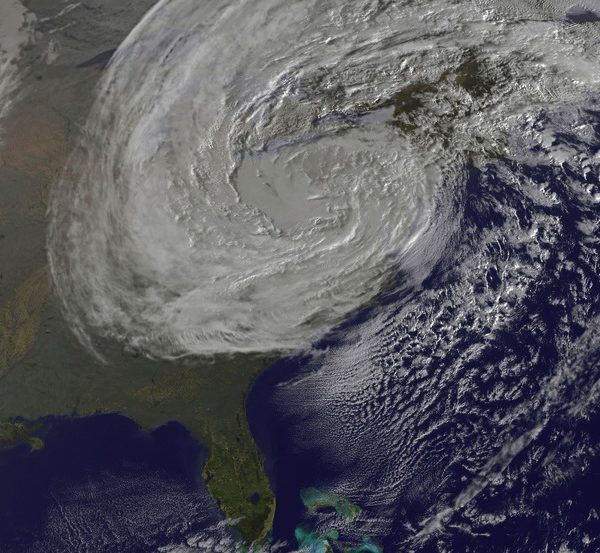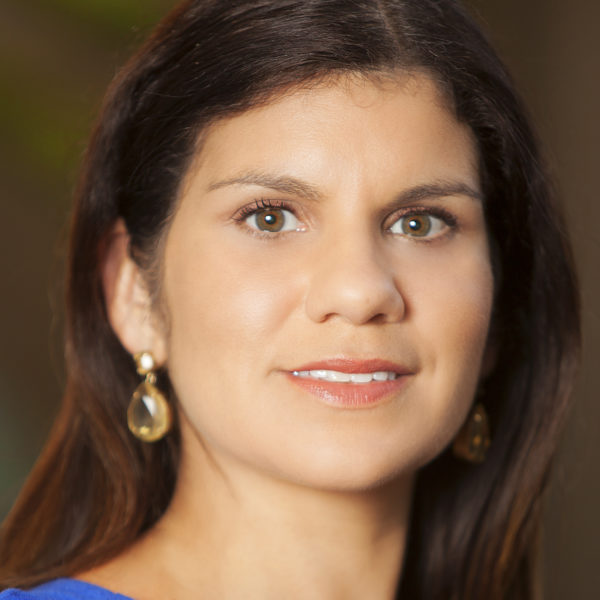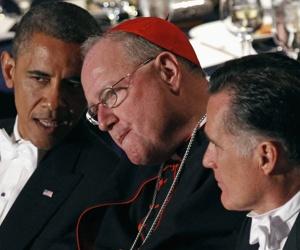
The Catholic Church in the United States is in decline because its public theology, on both the left and the right, is primarily focused on gaining influence over the state. As theologian Michael Baxter has argued, the church’s first priority should be on living as a community of faith and serving as a public witness.

Maybe it’s strange to think about political theology at a wedding ceremony. But political theology was on my mind a few years ago, when I attended the wedding of a same-sex couple in my extended family. The recent victories for marriage equality in Maine, Maryland, and Washington have me thinking about political theology again. I had a Thomist epiphany at that wedding years ago, and as the levees blocking marriage equality seem ready to break, I’d like to share that experience…
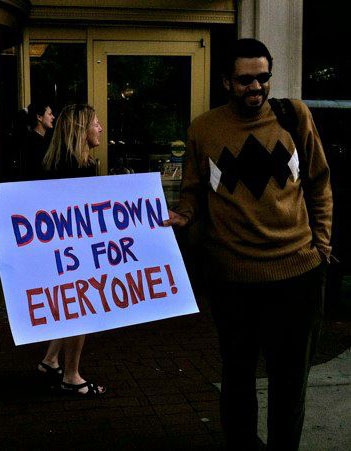
The editors of Political Theology are pleased to announce that Vincent Lloyd of Syracuse University is the newest member of the journal’s editorial team. Lloyd agreed to join the team as one of the editors beginning November 1. He had been a frequent contributor to both the journal and a contributing editor to this blog. Below is a short bio as well as links to more about Lloyd’s research and his book, The Problem with Grace…
Under the pretense of talking about pirate theology, Peter Rollins, Kester Brewer and Barry Taylor gathered to discuss “radical theology” at Fuller this month. Rollins, in particular, analyzed the intersection between psychoanalysis and theology, arguing that Christians need to experience doubt like Jesus on the cross, asking God, the father, “My God, my God, why have you forsaken me?” After much contrived discussion, the panelists concluded that radical theology will lead to the death of Christianity as a religion in order that a new manifestation of Jesus-following might emerge. While I sympathize with Rollins and co.’s intentions, I am not certain how radical theology’s psychoanalytic approach relates to non-western contexts. Moreover, their assessment of radical theology’s (read: Emergent Church) role in church history falls victim to the same dialectical trap that Rollins critiques in his work…
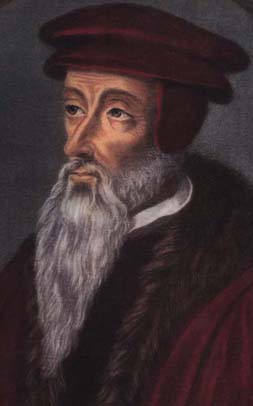
Unlike some other second-generation Reformers, we do not have to read between the lines to find a two-kingdoms doctrine in Calvin. On the contrary, he is far less ambiguous even than Luther in setting it out at the center of his theology, inviting the question of why Calvin studies have until recently largely ignored the theme. The doctrine appears in the all-important chapter III.19 of the Institutes, as Calvin concludes his discussion of justification and prepares to transition to his massive Bk. IV, entitled “The External Means or Aids By Which God Invites Us Into the Society of Christ and Holds Us Therein.” Inasmuch as Calvin scholarship has attended at all to his two-kingdoms idea, it has frequently assumed, as VanDrunen does, that in delineating the “two kingdoms,” Calvin intends to delineate the two distinct institutions within this sphere of external means—church and state. However, from a structural standpoint, it is more compelling to see his distinction of the two in III.19 as a center-post, with the “spiritual government” pointing back to his discussion of the inward reception of the grace of Christ in Book III, and the “temporal government” pointing forward to his discussion of the external means in Bk. IV—on this basis, both the visibly-organized church and the state would constitute external means in the temporal kingdom. Certainly Calvin’s word choice in describing the two seems to bear out such a reading…

What makes for a good neighborhood? This is a question that American society has been struggling with in different ways for some time now. On one level, a response to this question might have something to do with a residential street dotted with beautiful lawns, white picket fences surrounding lovely homes, low crime rates, good real estate values, and maybe children playing in safety. On another level, however, the neighborhood can be a metaphor for the larger society. The question of what makes for a good American society is a much more divisive issue. It has been the source of rancorous disagreement throughout the election season. On this, and any political issue, election rhetoric becomes a contest of stories, a battle between narratives. Each party works to craft a persuasive narrative that can account for the present situation and also lift up its own vision of America’s future. At the same time, the narrative must offer bleak warnings about the dangerous values and vision of the other party. In the midst of such rancor, it can be a challenge to find a gracious vision of what the good neighborhood looks like. This week’s Old Testament lection from the second half of Ruth, however, can help us go a long way toward finding that gracious narrative. As last week’s post by Timothy Simpson pointed out, there is a lot more to the story of Ruth than usually meets the eye. It may not be typical to think of this story as embodying a vision for the good neighborhood, but the book is making some bold claims about precisely that…
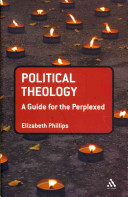
We have all been around people who constantly tell stories in which the person telling the story is also the clear hero of the story. And none of us wants to be that person. I think this should be the case not only in the sharing of personal anecdotes, but in the stories we tell one another professionally about our professional lives, so it would be disingenuous to write a series on teaching political theology which leaves readers with the impression that I have it all figured out (or think that I do!). This month I want to share a story about a particularly persistent problem in teaching political theology – one to which I will not suggest I have the answer.
Marriage equality is a hot topic in Christian communities. Recently, Gene Robinson, the first openly gay bishop, came to Fuller to talk about the freedom to love. As a result, many students at Fuller are beginning to rethink their heteronormative understandings of marriage. While I am all for LGBTQ equality in all arenas (anything else is shenanigans), the resurgence about the right to marry and marriage as an existentially important institution worries me […]
